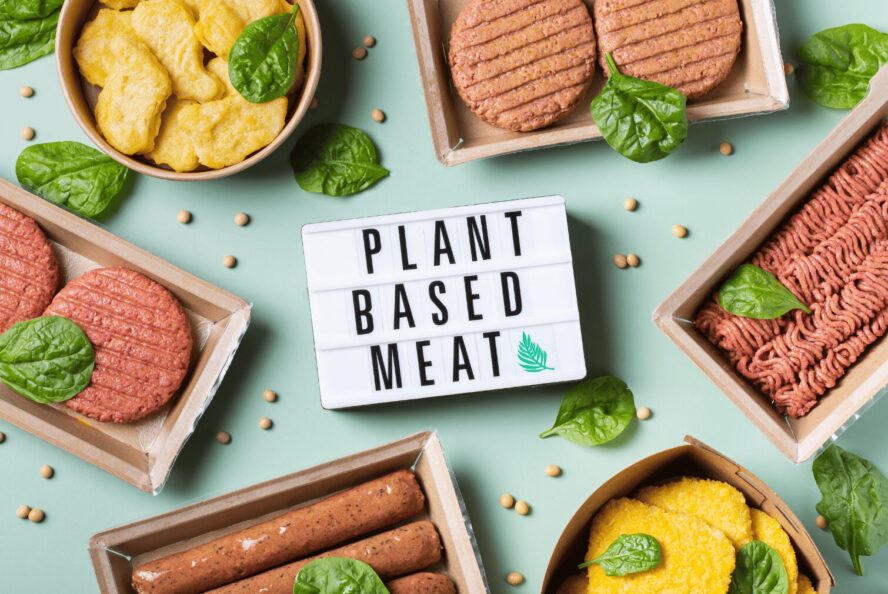While I am a frequent supporter and consumer of plant-based milks and I have dabbled in plant-based “meats”, I do believe that there needs to be a clear labeling differentiation. If these products are wanting to be labeled as “meat” or “milk” there needs to be a large, clear identifier labeling that they are “plant-based”.
I know that in the past I have gone to the store looking for a particular product and accidentally stumbled across a product that is not what I initially thought it was. The most common example of this to me is sugar free products. I personally am not a fan of stevia or aspartame, so I try to avoid products containing those. It unfortunately has happened though that I purchased a stevia or aspartame containing product and am left disappointed and feeling as though I was scammed.
It is inherently wrong to be tricking consumers into purchasing plant-based products. If a consumer is wanting to be plant-based, then the products that are should be clearly labeled for their benefit. If a consumer is choosing not to purchase plant-based products that is their prerogative. 4% of Americans are vegan and 39% of Americans want to try to be vegan and reduce the amount of animal products they consume (Osborn). For plant-based meats in particular the largest audience is people who eat meat but are trying to transition away from eating as much. This shows that there is still a need for these products and there is no reason to be dishonest. I am not trying to be vegan yet I still purchase oat milk because I am lactose intolerant.
It is morally wrong for companies to be trying to trick consumers into buying their products. As we can see recently in food trends, transparency and brand to consumer communication is growing in popularity with customers supporting brands that are honest with their customers. Tricking customers into buying their plant-based products builds a level of distrust. Thus, I believe that laws enforcing truthful labeling are beneficial.
Statistics found: How Many Vegans Are In The US? 2024 Updated Numbers
Image from google.

